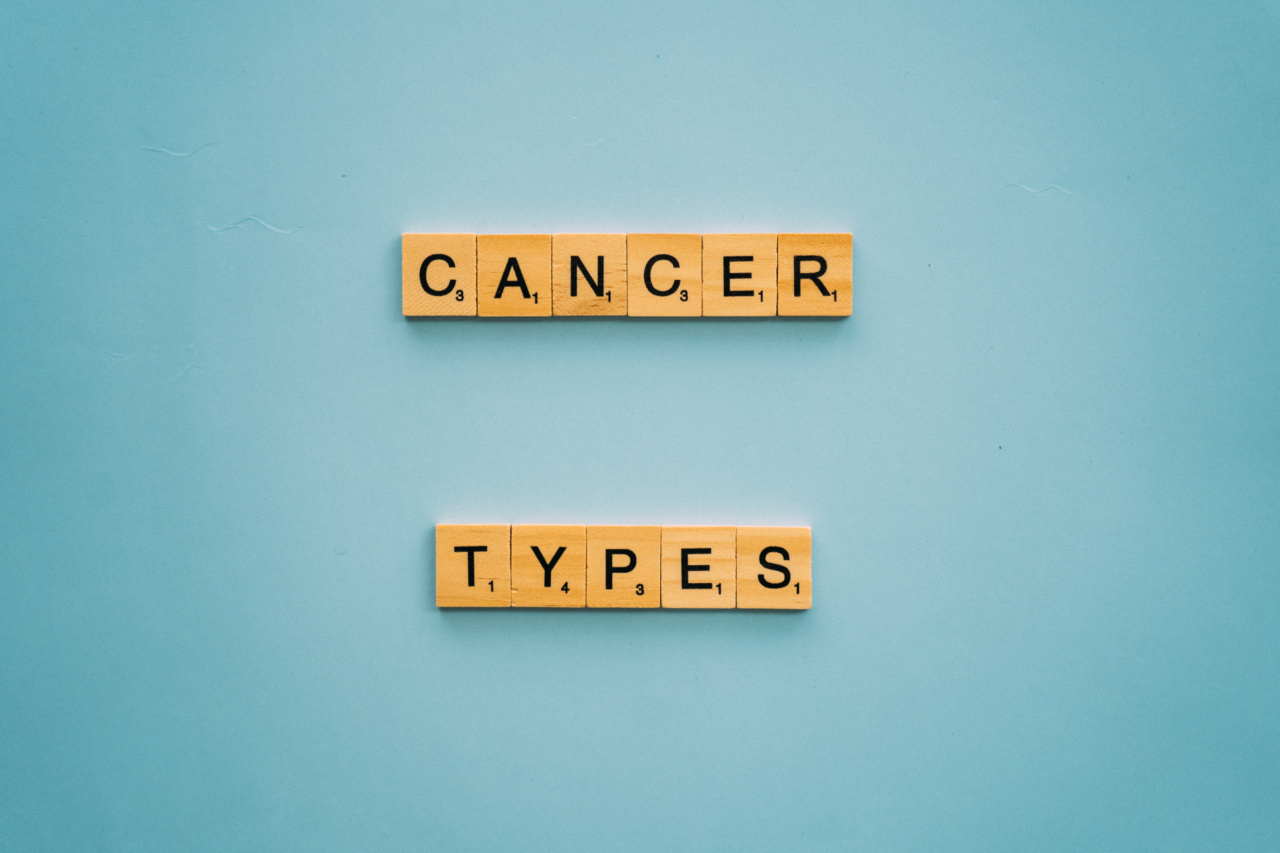Cancer treatment can be a challenging journey that requires careful management of various aspects, including diet and nutrition.
While a healthy and balanced diet is vital for everyone, it becomes even more critical for individuals undergoing cancer treatment. Certain foods can have detrimental effects on the body’s ability to fight cancer cells and manage symptoms.
In this article, we will explore the dangers of consuming specific foods during cancer treatment and discuss healthier alternatives that can aid in the recovery process.
1. High-Sugar Foods
Foods that are high in sugar, such as sugary beverages, candies, desserts, and processed snacks, can be harmful to cancer patients. Excessive sugar intake can lead to weight gain, inflammation, insulin resistance, and suppressed immune function.
Moreover, some studies have indicated that cancer cells thrive on sugar, which may further fuel tumor growth. It is crucial to opt for natural sugars found in fruits and limit the consumption of refined sugars.
2. Processed Meats
Cancer patients should avoid or minimize the consumption of processed meats like sausages, hot dogs, and deli meats. These meats often contain nitrates and nitrites, which are additives used for preservation.
These chemicals can potentially damage DNA and increase the risk of developing certain cancers, such as colorectal cancer. Opting for fresh, lean meats or plant-based protein sources like legumes and tofu is a healthier alternative.
3. High-Fat Dairy Products
Fatty dairy products, such as whole milk, full-fat cheese, and butter, are high in saturated fats. Diets rich in saturated fats have been linked to an increased risk of several cancers, including breast, ovarian, and colorectal cancer.
Cancer patients should choose low-fat or skim dairy products or consider plant-based milk alternatives like almond milk or soy milk.
4. Fried and Grilled Foods
Fried and grilled foods, particularly those cooked at high temperatures, can form harmful compounds called heterocyclic amines (HCAs) and polycyclic aromatic hydrocarbons (PAHs).
These compounds have been associated with an increased risk of various cancers, including colorectal, pancreatic, and prostate cancer. It is advisable to opt for cooking methods like baking, steaming, or boiling instead.
5. Alcohol
Excessive alcohol consumption is strongly linked to an increased risk of several types of cancer, including liver, esophageal, and breast cancer. Alcohol can also weaken the immune system, interfere with nutrient absorption, and cause dehydration.
Cancer patients should avoid or limit alcohol consumption to support their overall well-being and recovery.
6. Refined Grains
Refined grains, such as white bread, white rice, and refined pasta, have been stripped of their valuable nutrients and fiber content.
When consumed, these highly processed grains can cause rapid spikes in blood sugar levels and contribute to weight gain. Instead, cancer patients should opt for whole grains like quinoa, brown rice, and whole wheat bread, which provide essential nutrients and contribute to overall health.
7. Artificial Sweeteners
Artificial sweeteners, often found in sugar-free products, can be problematic for cancer patients. While they may seem like a safe alternative to sugar, some artificial sweeteners have been linked to an increased risk of cancer.
Additionally, these sweeteners can disrupt the body’s natural ability to regulate appetite, leading to overeating and potential weight gain.
8. Excessive Sodium
Consuming excessive amounts of sodium can lead to fluid retention and high blood pressure. Cancer treatments like chemotherapy can already cause fluid retention, making it important to avoid further exacerbating this issue.
Patients should limit their intake of processed and packaged foods, which are often high in sodium, and focus on consuming fresh, whole foods seasoned with herbs and spices instead.
9. Trans Fats
Trans fats are artificial fats found in many processed foods and snacks, including fried foods, baked goods, and margarine. These fats have been linked to an increased risk of heart disease, inflammation, and certain cancers.
Cancer patients should check food labels for trans fats and opt for healthier fats like olive oil, avocados, and nuts.
10. Certain Raw Foods
While consuming a variety of fresh fruits and vegetables is generally encouraged, some raw foods may pose risks for cancer patients with weakened immune systems.
Certain raw foods, such as sprouts, unpasteurized juices, and raw or undercooked eggs, may contain bacteria that could lead to foodborne illnesses. It is essential to prioritize food safety by thoroughly washing and cooking foods to reduce the risk of infection.
In conclusion, cancer patients should be cautious about their food choices during treatment. Certain foods can hinder the body’s ability to combat cancer cells and manage the side effects of treatment.
By avoiding high-sugar foods, processed meats, high-fat dairy products, fried and grilled foods, excessive alcohol, refined grains, artificial sweeteners, excessive sodium, trans fats, and certain raw foods, cancer patients can support their overall well-being and enhance their chances of successful treatment outcomes.


























